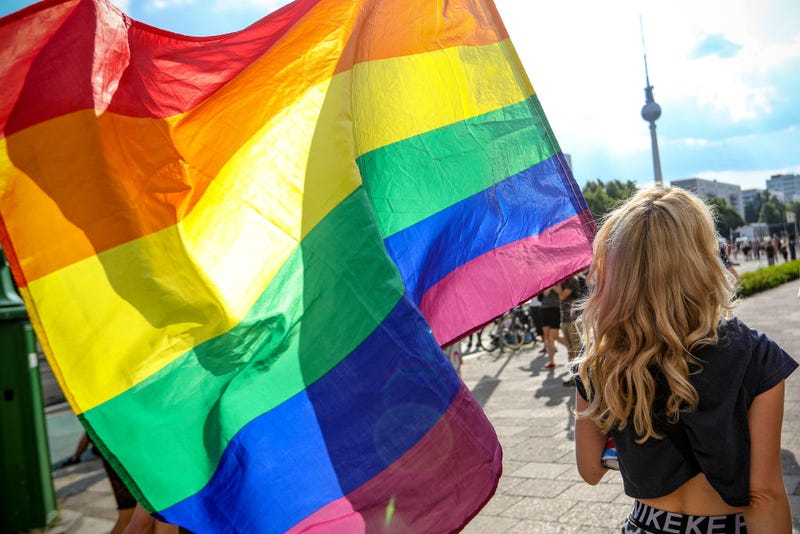
LOS ANGELES (CNS) - More than 60% of suicide attempts among LGBQ people happen within five years of realizing their sexual minority identity, according to a study released Friday by the Williams Institute at UCLA Law.
The report examined a representative sample of LGBQ people in the United States from three age groups -- young (18-25), middle (34-41) and older (52-59) -- to assess the concurrence of suicide thoughts, plans and attempts with coming-out milestones.
The study found that most suicide attempts -- 61% -- among LGBQ people occur within their five-year sexual identity realization, but a significant proportion of attempts -- 39% -- happen outside this age range.
According to the study, which appears in the June edition of the journal LGBT Health, an estimated 24% of the middle cohort and 29% of the older cohort report first suicide attempts at age 26 or older. Half of the attempts in the older group happened after age 41.
No differences in suicidal thoughts, plans or attempts were found based on race and ethnicity, according to the researchers.
The Williams Institute's focus is research on sexual orientation and gender identity law and public policy.
